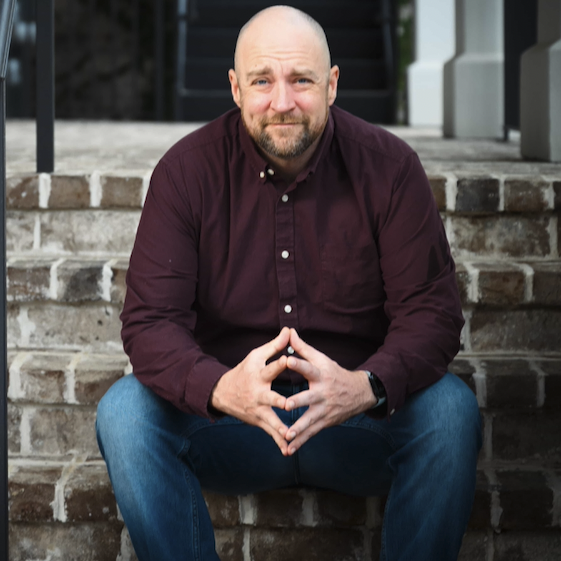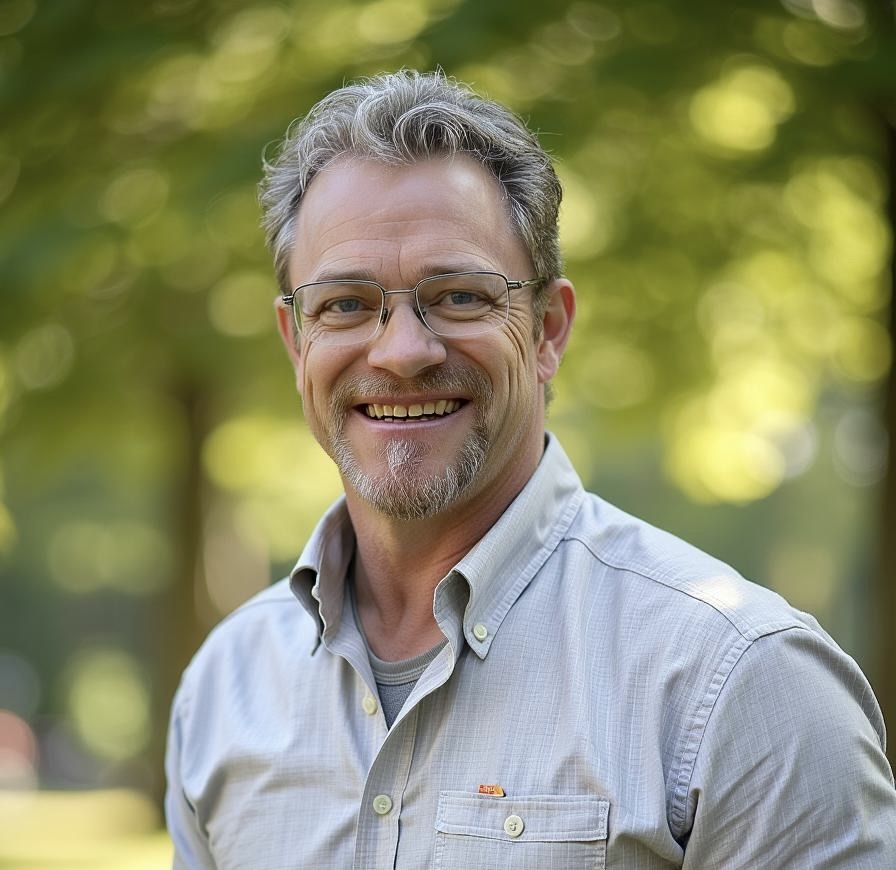Data-Driven Recovery
The data is clear: recovery success rates increase dramatically when comprehensive support systems are in place. At Core Values Recovery, we've build our approach around the evidence that shows peer support, family involvement, and professional treatment working together deliver the best outcomes.
Why Comprehensive Support Works
Treatment Alone (40% Success Rate)
Standard treatment programs provide essential therapeutic foundation but may lack the ongoing community support needed for sustained recovery.
Treatment + Peer Support (55% Success Rate)
Adding peer connections creates accountability, shared experience, and ongoing motivation that extends beyond formal treatment periods.
Treatment + Peer + Family Support (75-80% Success Rate)
The highest success rates come from engaging the entire support network - professional care, peer community, and family involvement working together.
Our Coaching and Case Management Approach
At the heart of our approach is a deep respect for each client's individuality. We don't believe in one-size-fits-all recovery plans. Instead, we help design personalized recovery pathways that align with each person's unique needs and circumstances. For some, that means connecting them to an immersive 90-day residential experience at one of our trusted treatment partners. For others, it might involve coordinating structured weekly coaching, monthly family sessions, and ongoing 12-step support. Whatever the path, we're committed to helping clients discover what works best for them—and we're always here with consistent coaching support, every step of the way.
Core Values Recovery coordinates all the elements necessary to get someone into long-term recovery:
- Invitational Intervention: Evidence-based therapeutic family oriented, respectful interventions that connect our clients to the best treatment centers in the world
- Recovery Coaching: Qualified professional recovery coaches who mentor and help build an at-home recovery network
- Family Coaching: Accountability, monitoring, support and education for family members throughout the recovery journey
This comprehensive case management model coordinates all the resources to bring someone into long-term recovery - we help build sustainable, personalized recovery capital and communities that last.
The Core Values Recovery Coaching Methodology
Evidence-Based Case Management Approach
Our comprehensive coaching and case management methodology is built on proven research and delivers measurable results:
Phase 1: Assessment and Care Coordination
- Individualized recovery planning based on evidence-based protocols
- Family inventory and genogram discovery
- Connection to appropriate treatment partners for immediate safety and stabilization
Phase 2: Treatment Coordination and Coaching
- Coordination with our trusted residential, IOP, PHP and other therapeutic partners
- Recovery coaching assignment and advocacy throughout treatment
- Family education and coaching programs running parallel to treatment
Phase 3: Long-Term Recovery Coaching
- Ongoing peer mentorship and recovery coaching
- Family coaching system maintenance
- Community integration assistance and support group coordination
We adapt to our clients' needs through expert case management. Some people need intensive, 90-day residential treatment at our partner facilities. Others need weekly meetings with a recovery coach, monthly family coaching sessions, and 12-step coordination. We help our clients find what works for them through our network of trusted partners, and provide ongoing coaching support with a safety net to escalate care if things go sideways.
Recovery Success Stories and Data
Real Results from Evidence-Based Coaching
Our recovery coaching success rates are backed by actual client outcomes:
Sarah's Journey (18 Months Sober)
"My recovery coach helped me get to the right treatment center and stay engaged. The combination of professional treatment and ongoing coaching support made all the difference. Having my family involved through their coaching program gave me accountability I never had before."
Michael's Recovery (2+ Years)
"The coaching team showed me what actually works based on the data. They convinced me to commit fully to the comprehensive approach and connected me with the right treatment partners."
Lisa's Transformation (3+ Years)
"Long-term recovery success isn't just about staying sober - it's about building a life worth living. The coaching and case management support made that possible."
Here's what the data says about the probabilities of success:
12-Month Abstinence Rates
- No Treatment: 20%
- Treatment Only: 40%
- Treatment + Peer Support: 55%
- Comprehensive Support (Treatment + Peer + Family): 75-80%
Quality of Life Improvements
- Employment/Education: 89% show improvement
- Relationships: 94% report stronger family connections
- Physical Health: 87% demonstrate measurable health gains
- Mental Health: 92% show reduced anxiety and depression scores
Frequently Asked Questions About Research-Based Recovery
Do I have to go to residential treatment?
Some people do and some people don't. The need for residential treatment depends on several individual factors:
Reasons someone may need residential treatment:
- Severe withdrawal symptoms requiring medical supervision
- Multiple failed attempts at outpatient treatment
- Co-occurring mental health conditions requiring intensive care
- Unsafe home environment or lack of family support
- History of medical complications during detox
- Need for 24/7 structure and accountability in early recovery
Reasons someone may not need residential treatment:
- Strong family support system and safe home environment
- Motivated for recovery with good insight into their addiction
- Mild to moderate addiction without severe physical dependence
- Successful engagement with outpatient treatment and support groups
- Stable housing, employment, and social connections
- Access to intensive outpatient programs and peer coaching
Our role is to help assess your individual situation and connect you with the most appropriate level of care for your specific needs and circumstances.
Does the family need to be involved?
Family involvement increases success rates substantially for most people in recovery - even when it's not family of origin but instead family of choice. Research shows that recovery programs with family involvement achieve 40% higher success rates than individual treatment alone.
"Family" can include:
- Biological family members (parents, siblings, children, spouse)
- Chosen family (close friends, mentors, support network)
- Recovery community connections
- Workplace support systems
Family involvement helps by:
- Creating accountability and ongoing support
- Addressing relationship dynamics that may trigger relapse
- Building communication skills for healthy relationships
- Providing education about addiction and recovery
- Establishing boundaries that support rather than enable
Even when biological family relationships are strained or unavailable, building a "family of choice" through recovery communities, sponsorship, and peer support networks provides similar benefits for long-term success.
What Does Research Say About Treatment Duration?
Extensive studies consistently demonstrate that 90 days represents the minimum effective treatment duration for lasting recovery. Brain imaging research shows that neurological healing requires this timeframe, while longitudinal outcome studies reveal that individuals completing 90+ days of treatment have success rates nearly double those of shorter programs. Treatment durations less than 90 days show significantly higher relapse rates within the first year.



